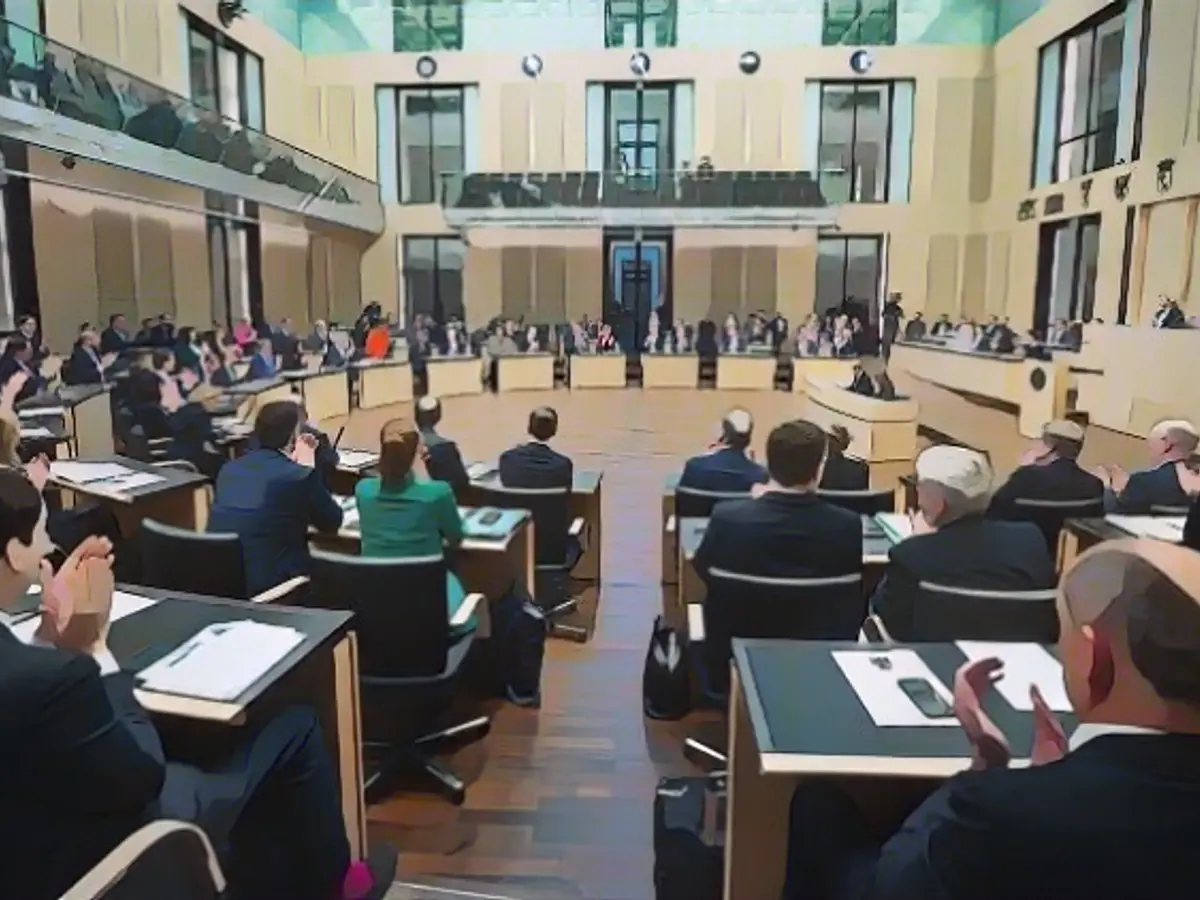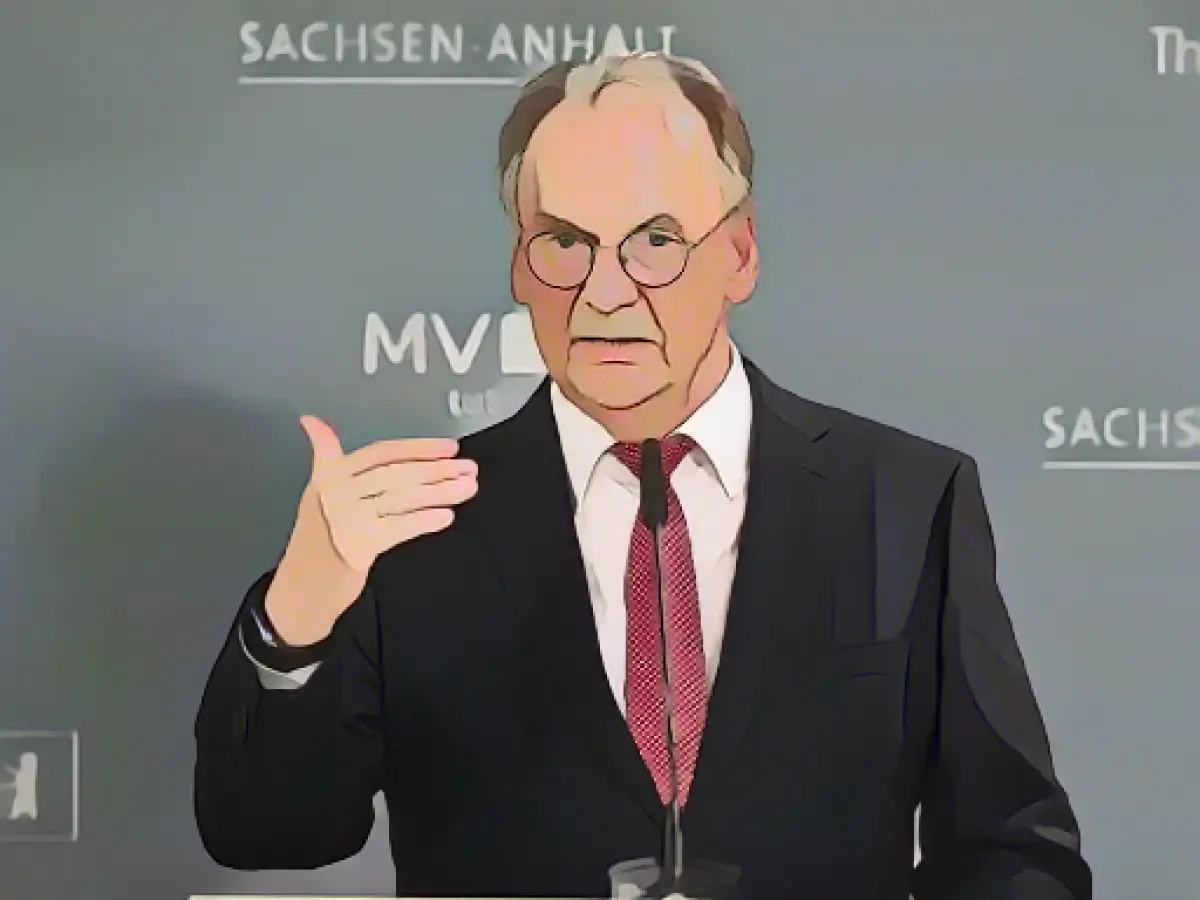Peter Frank named as Federal Constitutional Court Judge
In a unanimous vote, the Federal Council has selected Attorney General Peter Frank as the latest judge to join the Federal Constitutional Court. The announcement was made by Bundesrat President Manuela Schwesig (SPD) following the vote. Frank will succeed Peter Müller, who has served at the Federal Constitutional Court since December 2011, reaching the end of his 12-year tenure.
Now serving as the Federal Public Prosecutor General at the Federal Court of Justice, Frank became the Youngest Attorney General in Germany when he started his role at 47 years old. Being a private talker, Frank has provided few public statements, occasionally offering insight in interviews. Battling to improve collaboration between investigating authorities has been one of his main priorities, with terrorism fight as a primary focus. Recent investigations in this area have seen a significant surge.
Frank's achievements include a law degree from both Würzburg and Munich universities, along with top marks in both state law examinations and a doctorate in criminal procedure 'summa cum laude'. His professional career began as a public prosecutor in Munich before joining the Bavarian Ministry of Justice.
The Justice department will now require Frank to reveal his personal details for verification. As the vacancy at the Federal Constitutional Court arises from Müller's departure, Frank, with his experience as Federal Public Prosecutor General and his involvement in combating terrorism-related cases, seems well-suited for the role.
Bundesrat and the Election of Judges
The Bundesrat, partnering with the Bundestag, is responsible for electing judges to Germany's Federal Constitutional Court. A two-thirds majority is required for both chambers when electing four judges to each Senates, along with the court's President and Vice President. This currently stands at 46 votes in the Bundesrat, made up of state representatives.
Germany's Fight Against Terrorism
Germany has faced challenges from right-wing terrorism, including high-profile attacks such as the Oktoberfest bombing and the Solingen arson attack. The government has responded by increasing surveillance and intelligence gathering, and improving coordination between law enforcement agencies, including the establishment of intelligence databases.
Extremism and root causes like racism and xenophobia have been targeted through education and community programs. Most recently, following the 2019 Halle synagogue attack the government has redoubled its efforts to combat far-right extremism and improve cooperation between law enforcement agencies.
[1] Bundesrat [2] Federal Constitutional Court (Bundesverfassungsgericht) [3] German Government Responses to Terrorism [4] European Union Anti-Terrorism Policies








